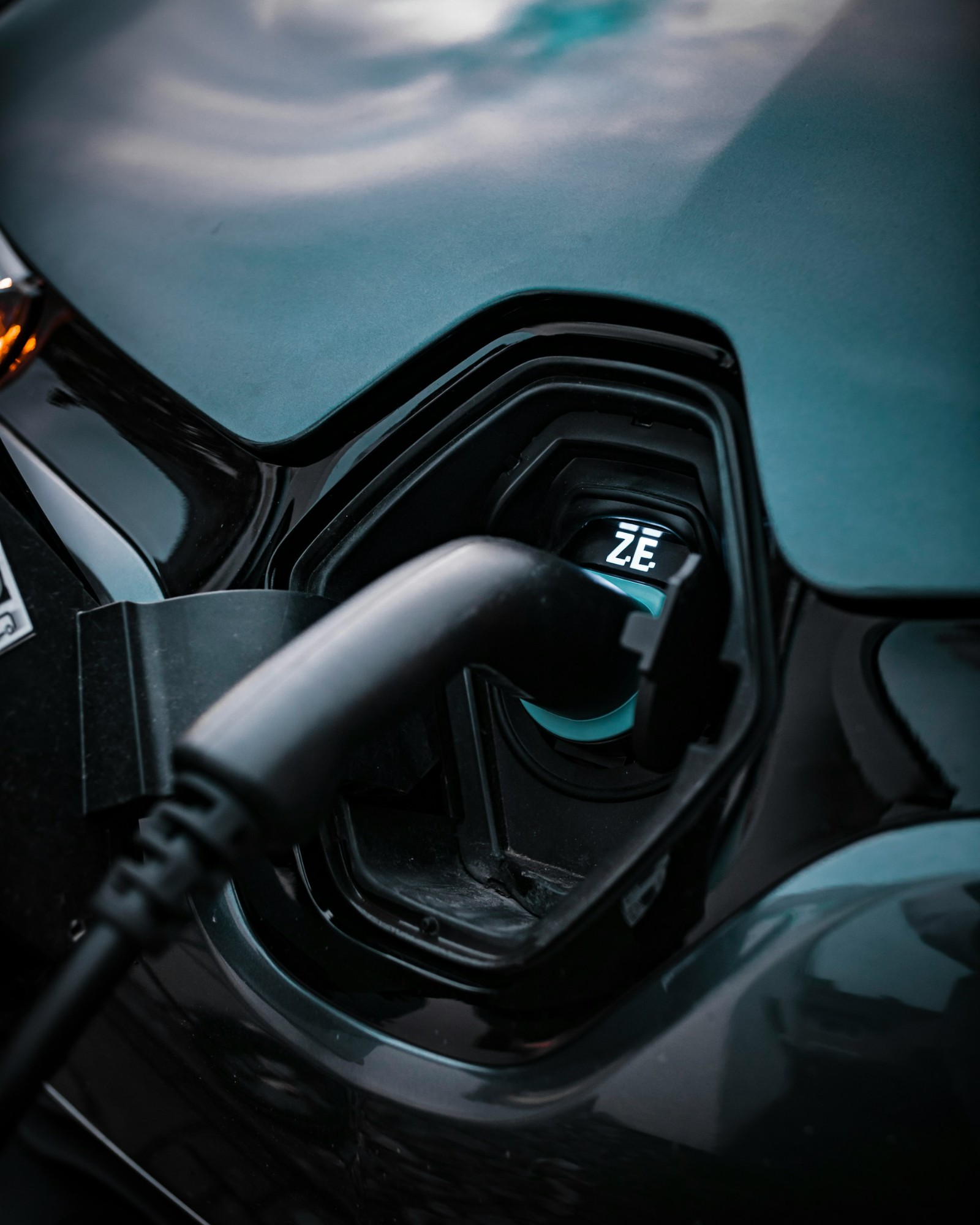Demystifying EV Batteries
How Do Electric Car Batteries Work?

How Do Electric Car Batteries Work?
If you’re new to electric vehicles (EVs), understanding how the battery works can feel like a science lesson. But don’t worry—we’ll break it down simply, so you know what powers your EV, how to look after it, and what to expect over time.
The Basics: What Powers an Electric Car?
There are a few types of electrified vehicles:
- BEV (Battery Electric Vehicle): Fully electric—no engine, just a large battery and an electric motor that powers the wheels.
- HEV (Hybrid Electric Vehicle): Combines a petrol engine with a small battery and motor to improve efficiency.
- PHEV (Plug-in Hybrid): Like a hybrid, but with a bigger battery you can charge from the grid for more electric-only driving.
Key Battery Terms to Know
- kWh (Kilowatt-hours) – A measure of energy storage. More kWh = more range.
- Ah (Ampere-hours) – Measures charge capacity. Multiply amps × volts to get power in watts.
Types of EV Batteries
Most electric cars today use lithium-ion batteries, which are:
- Lightweight
- Long-lasting
- Rechargeable
What’s next?
Solid-state batteries are on the horizon. They promise faster charging and longer range—with some, like MG’s next-gen EV, due as early as 2025.
Less common battery types:
- Nickel-metal hydride (NiMH)
- Lead-acid (older tech)
- Ultracapacitors (used for quick bursts of power)
How Do You Charge an Electric Car Battery?
Just like your smartphone—you plug it in when it gets low.
Charging Options:
- Home Charging: The most affordable and convenient option.
- Workplace Charging: Ideal for topping up during the day.
- Public Chargers: Rapid or fast charging when you’re on the go.
How Far Can You Go on One Charge?
Most electric cars today offer 200–300 miles per charge.
- City driving = better range thanks to regenerative braking.
- Motorway driving tends to drain the battery faster.
Some premium EVs, like the Mercedes EQS, boast over 450 miles of range.
Are Electric Car Batteries Expensive to Run?
Generally, EVs are cheaper to fuel and maintain than petrol or diesel cars.
Ongoing costs may include:
- Charging (lower if done at home)
- Insurance (can be higher)
- Battery lease (rare, but still exists in some used EVs)
Tip: Check total ownership cost—including servicing, charging, insurance—to find your best fit.
How Long Do EV Batteries Last?
Most EV batteries last between 8 to 20 years, with warranties typically covering:
- 8–10 years or 100,000 miles
Battery lifespan can be affected by:
- Frequent fast charging
- Extreme temperatures
- Fully charging or fully depleting the battery
Many cars come with features that extend battery life, like regenerative braking, idle shutoff, and cooling systems.

Battery Maintenance Tips
To keep your EV battery healthy:
• Avoid charging to 100% or letting it drop to 0% regularly
• Park in shaded or temperature-controlled areas
• Let the battery cool down after long trips before charging
• Drive smoothly—aggressive driving strains the battery
• Use fast charging sparingly
• Aim to keep charge between 50% and 80%
Battery Warranty: What’s Covered?
Most manufacturers offer:
• 8-year / 100,000-mile warranty
• Coverage for battery faults or excessive degradation
Warranty terms vary by brand, so always check the fine print when buying a new or used EV.
Will I Need to Replace the Battery?
Probably not anytime soon. With typical use, most batteries last well over a decade.
Watch out for these signs:
• Battery warning light stays on
• Loss of power to systems like lights or infotainment
• Noticeable reduction in driving range
If something goes wrong, check your warranty first—you may be covered.
Buying or Leasing EV Batteries
Battery leases were once common (e.g., Renault Zoe, Nissan Leaf) but are now rare.
Pros:
• Lower upfront car cost
• Guaranteed battery performance
• Breakdown support often included
Cons:
• Ongoing monthly payments (£50–£100)
• Harder to sell the car—buyer must take over the lease
If buying used, make sure you know if there’s a lease and whether it can be bought out.
Buying a Used EV? Check Battery Health
When buying used, check:
• Battery capacity (how much it’s degraded)
• Charging history (frequent fast charging increases wear)
• Warranty status
• Option for a battery health check before purchase
Battery replacement is expensive—get peace of mind before buying.
Can EV Batteries Be Recycled?
Yes—and it’s becoming more common.
End-of-life EV batteries can:
• Be stripped for valuable materials like lithium and cobalt
• Be reused in home or industrial energy storage
• Power production facilities in closed-loop recycling systems
Are EV Batteries Bad for the Environment?
There’s some environmental impact from manufacturing EV batteries, especially from mining raw materials. But over the full lifespan:
EVs usually produce fewer emissions than petrol/diesel cars—especially when charged with renewable energy.
• No tailpipe emissions
• Cleaner energy with wind, solar, or hydro
• Lower CO₂ footprint over time
Final Thought: Don’t Fear the Battery
Electric vehicle batteries are reliable, long-lasting, and cheaper to run than many think. Take care of them, and they’ll serve you well for years—while helping reduce your carbon footprint.
Still Have Questions?
Whether you're buying new, going used, or just researching, we’re here to help.
- Speak to our EV experts
- Or call us on 0117 962 5314
Let’s make your switch to electric feel effortless.
